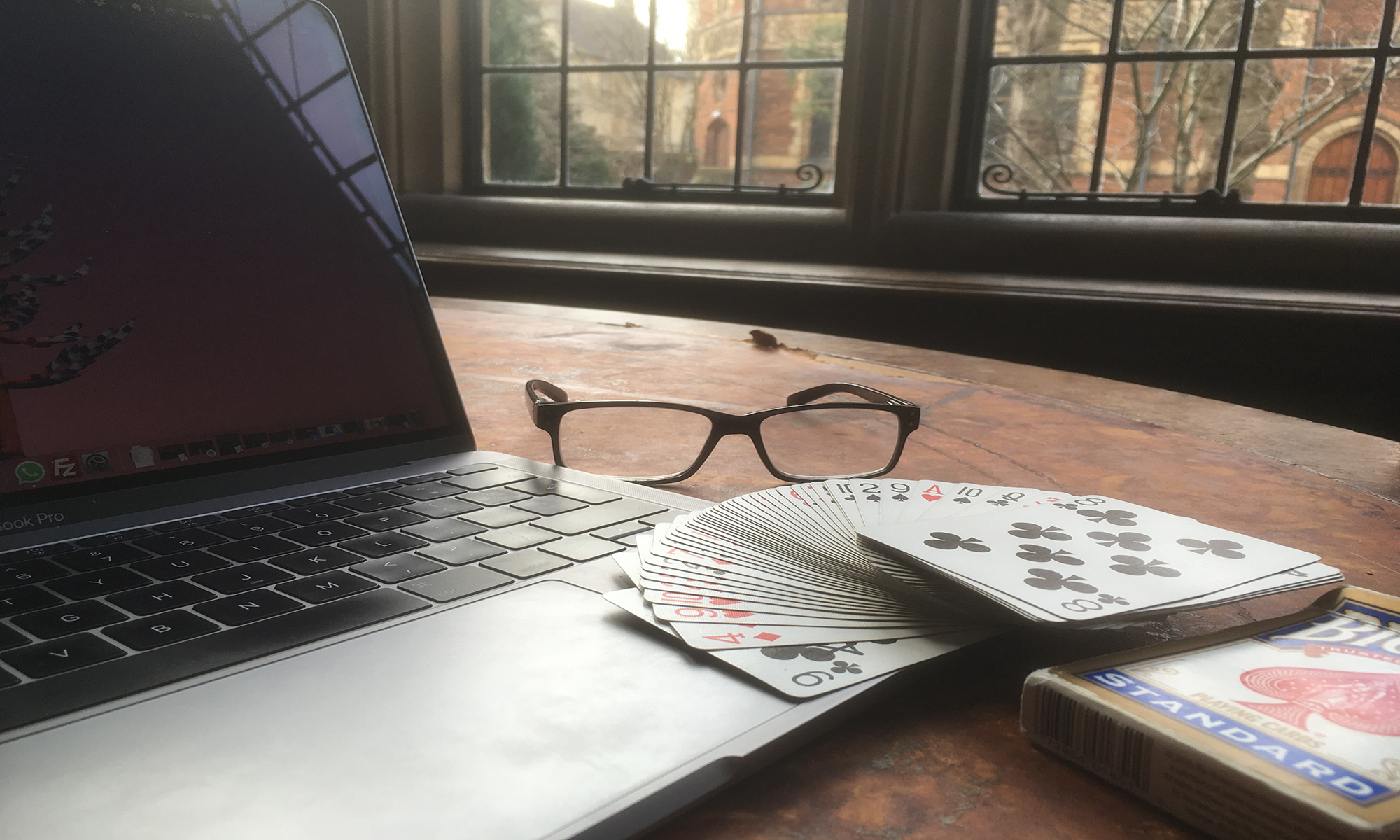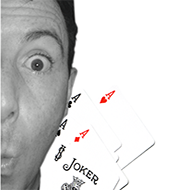
Psst, I can predict the future…
OK, I can only predict the future in certain situations.
One of my favourite magic routines to perform involves predicting the wording of a randomly selected line from a newspaper. Sadly, I don’t get to perform it much at moment, although I did manage to adapt it successfully to perform over Zoom for a business meeting, using a couple of pdf’s emailed to spectators.
But none of can predict the future when it comes to the end of the lockdown. All we can do is guess and hope for the best.
Or is it?
Ready for Anything
One thing is certain in magic – you can never be completely certain about how a trick will work in front of a live audience. Something might go wrong with a prop, you might mess up a move or forget a line, the audience may not react as expected. A skilled magician will imagine possible outcomes and plan for as many of them as is feasible. That way they will be prepared and can carry on seamlessly as if nothing unusual had happened. Most of the time, the audience will not even notice.
Scenario Planning
Big organisations and governments do the same thing. They have whole departments devoted to scenario planning.
Most of us have probably got through life and work with a plan A and a plan B. But maybe, in the face of uncertainty, it may be useful for all of us to do a little more extensive intentional scenario planning?
I was on business networking call with the wonderful Kate Trafford last week and she voiced a very useful question: “When I look back, what would I have done differently if I had known that this would last 18 months?”
Kate was anxious to point out that this is imagining a worst-case scenario – hopefully the lockdown will be over much sooner, but some businesses may take longer to recover, eg, live entertainment, conferences, sporting events.
Crystal Balls of Steel
At first the idea of scenario planning is scary. You have to imagine worst-case scenarios. Often it is tempting to bury our heads in the sand. Or Netflix.
However, like taking foul-tasting medicine, it can only be good for us. It will reduce nasty shocks and surprises down the road. Better to face reality, take stock and then begin the next step of the journey from where we actually are, having a realistic guess at what might possibly lie ahead.
The Next Step is Thinking About the Next Step
Have a think about your work and life.
What might it look like if the lockdown ends in a week’s time or a month’s time? What if it is a staggered ending, eg, with social distancing. What would those scenarios mean for my work life and my personal life? And then do the same exercise for different time frames – 3 months, 6 months, a year.
Then, if the trick doesn’t work like you planned it, you have something up your sleeve. The audience probably won’t even notice.

